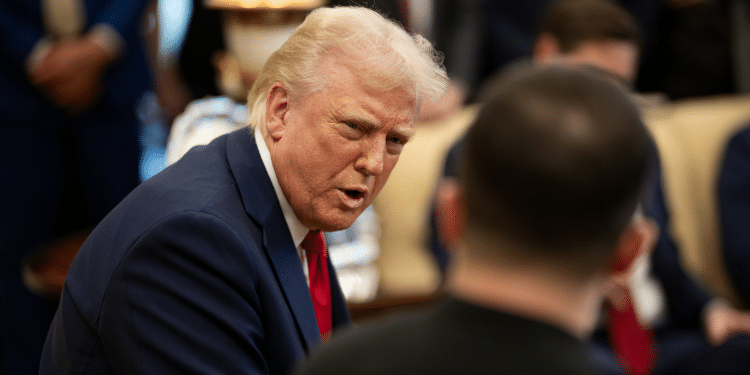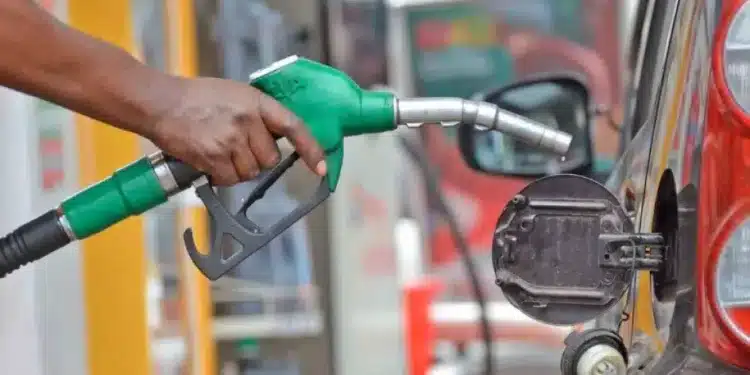The Central Bank of Kenya (CBK) has revealed that global oil prices have risen ahead of the Energy and Petroleum Regulatory Authority (EPRA) July-August review.
In its weekly Bulletin on Friday, July 11, CBK reported that international oil prices increased during the week ending July 10, reflecting a high demand for global oil.
According to the bulletin, the rise in global oil prices was mainly driven by fresh concerns about U.S. tariff hikes, which more than offset the expected output increase by the Organization of the Petroleum Exporting Countries (OPEC).
“The Murban oil prices rose marginally to $70.15 per barrel on July 10 from $68.09 per barrel on July 3, as strong demand for oil and fresh concerns about US tariff hikes more than offset the expected OPEC Organization of the Petroleum Exporting Countries+ output increase,” read the statement in part.
The US renewed trade wars by threatening to impose higher tariffs on selected countries and products, while also postponing the tariff hike that was to take effect on July 9 by three weeks.
Global Oil Prices Rise Ahead of EPRA’s Fuel Prices Review
The International Energy Agency (IEA) has warned that the global oil market is tighter than it seems.
This is happening at a time when U.S. tariffs and possible new sanctions on Russia are also worrying markets.
As a result, oil prices went up. Brent crude oil increased by $1.72 (2.5%) to $70.36 per barrel, which is about Ksh 9,094. U.S. West Texas Intermediate (WTI) crude rose by $1.88 (2.8%) to $68.45 per barrel, equivalent to around Ksh 8,843.
Also Read: Maize Flour, Sugar, Cooking Oil Prices Spike as Kenya’s Inflation Hits 3.8%
The IEA said global demand for oil is being pushed up by summer travel and power generation, even as supply is struggling to keep up.
“Israel’s air strikes on Iranian military and nuclear targets caused oil prices to rise sharply in the middle of the month,” IEA said.
Saudi Arabia has raised the price of its Arab Light crude for August deliveries to Asia by $2.20 per barrel—the highest level in four months.
The increase is driven by high domestic energy use, growing exports to China, and a recent OPEC+ production adjustment.
The price hike is expected to affect oil refiners in Asia and Europe.
Global Demand Up, But Oil Oversupply a Risk
In the U.S., oil and gas companies have reduced the number of drilling rigs for the 11th week in a row, which was last seen during the COVID-19 pandemic when demand dropped sharply as per Reuters.
Even though prices are high now, the IEA expects more oil to be produced later this year, which could lead to oversupply.
Also Read: Kenya’s Diaspora Remittances Hit Ksh 54 Billion in June 2025
Analysts at Commerzbank said: “OPEC+ could soon increase production sharply, leading to a possible oversupply. But for now, prices are still well supported.”
Russia, a key OPEC+ member, has promised to fix its recent overproduction by reducing output between August and September.
In another sign of strong demand, Saudi Arabia is expected to ship about 51 million barrels of oil to China in August—its biggest delivery in over two years.
Follow our WhatsApp Channel and X Account for real-time news updates.










































































